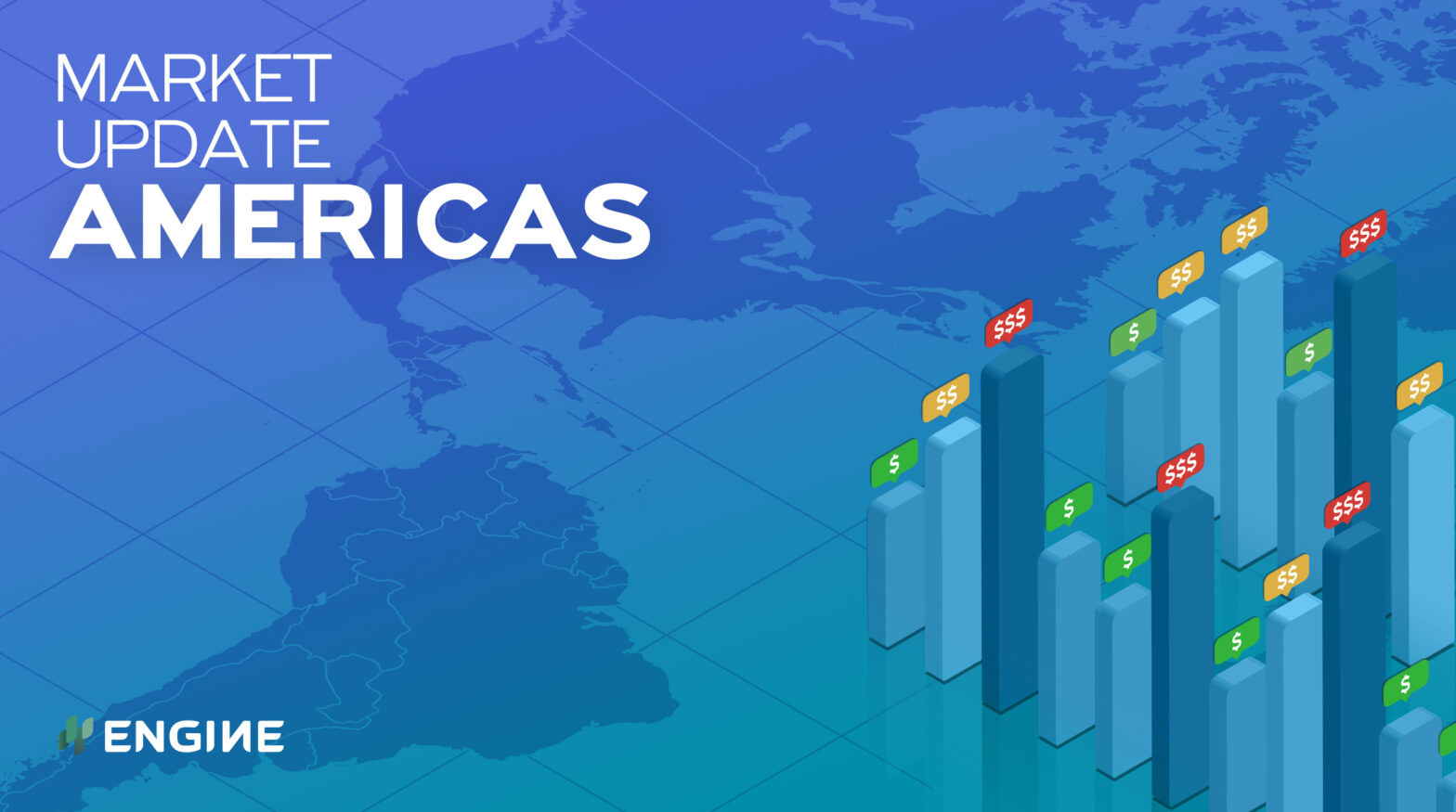Bunker prices across the Americas finish the week by rising higher on Brent, and a port strike has disrupted operations in two Argentinian ports.
Changes on the day to 09.30 CST (14.30 GMT) today:
VLSFO prices up in Houston ($17/mt), New York ($10/mt), Balboa and Zona Comun ($8/mt) and Los Angeles ($4/mt)
LSMGO prices up in Houston ($15/mt), New York ($12/mt), Zona Comun ($11/mt), Balboa ($9/mt) and Los Angeles ($7/mt)
HSFO380 prices up in New York ($9/mt), Los Angeles ($8/mt), Houston ($7/mt) and Zona Comun ($6/mt)
Houston’s low sulphur prices have made sharp gains with support from higher-priced stems in the past day. That has narrowed its VLSFO discounts to Corpus Christi, New Orleans, Cristobal, Balboa and New York to $7-9/mt.
Houston’s LSMGO has risen to parity with New Orleans and New York, while these ports have the grade at significantly wider discounts to Corpus Christi the two Panamanian ports.
Port workers in Bahia Blanca and Necochea went on a two-day strike from midnight last night local time (04.00 GMT). National Stevedores Union members are striking because of an “internal conflict”, port agent Antares says. Truckers have blocked entry to the ports with picket lines and prevented incoming cargo. Loadings from the port terminals onto ships will continue until stocks are depleted.
Meanwhile, stormy weather has delayed bunkering in Bahia Blanca and Zona Comun, and also disrupted port operations Necochea this week. Strong winds bordering on gale-strength is forecast in the Bahia Blanca and Necochea until late this evening. The weather is calmer in Zona Comun and bunker suppliers are working through backlogs.
Brent
Front-month ICE Brent has moved up by $0.94/bbl in the day to 09.30 CST (14.30 GMT), when it stood at $76.24/bbl.
The futures contract is heading for a near 3% increase on the week. It has been pushed higher by US oil inventory data showing crude stocks at their lowest since January 2020, and robust road fuels demand pulling gasoline out of storage.
US mobility and economic activity has not been dented to the same extent as during previous Covid-19 waves as people’s behaviour is unlikely to change now that there is higher vaccination coverage and fewer restrictions on movement, the Federal Reserve’s chair Jay Powell said yesterday.
High inflation has eroded some purchasing power in the US and weighed on the US dollar, which makes commodities priced in dollars such as Brent more attractive to investors.
“A large part of yesterday’s rally was part of a broader move, with the USD coming under quite a bit of pressure,” ING strategists Warren Patterson and Wenyu Yao said earlier today.
“Although in early morning trading this morning, the market is giving back some of these gains, with the USD trading higher.”
The demand outlook remains uncertain as the Delta coronavirus variant rips through parts of Asia, Europe, Australia and the US. Japan has extended state of emergency measures to more areas and for a longer period of four weeks, up from three weeks previously, Argus Media reports. The country’s new daily infections hit a record of more than 10,000 yesterday, prompting extended bans on alcohol and travel curbs.
